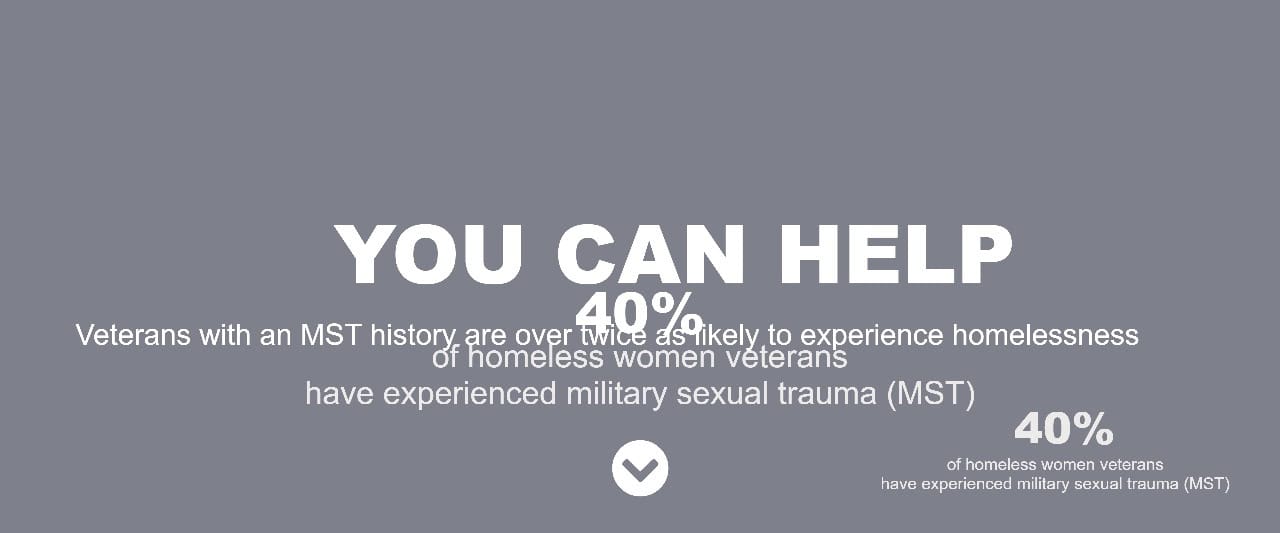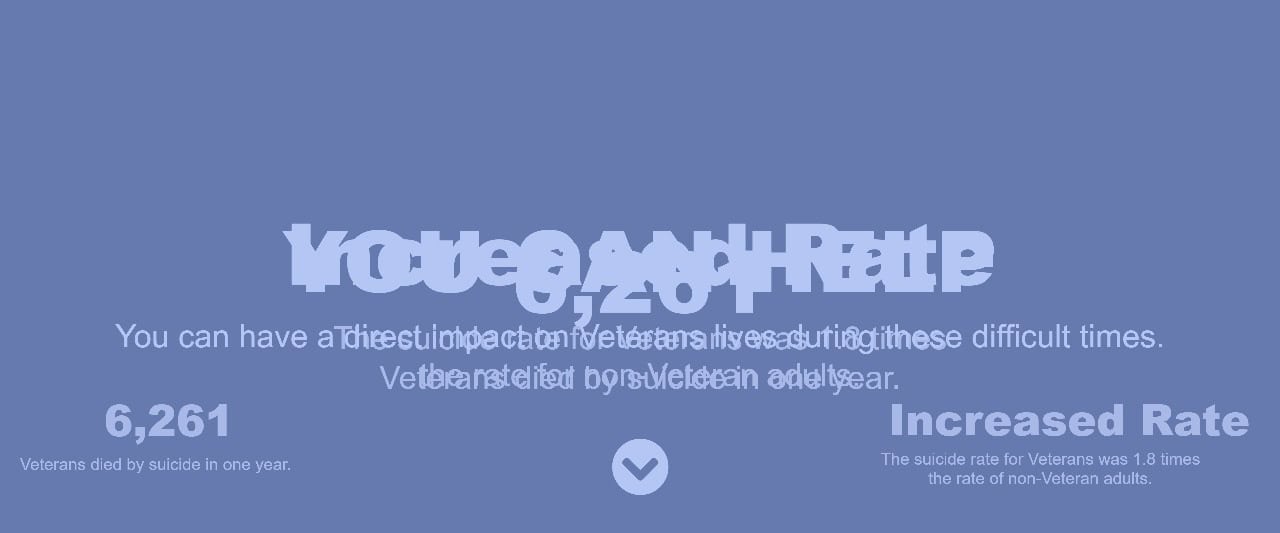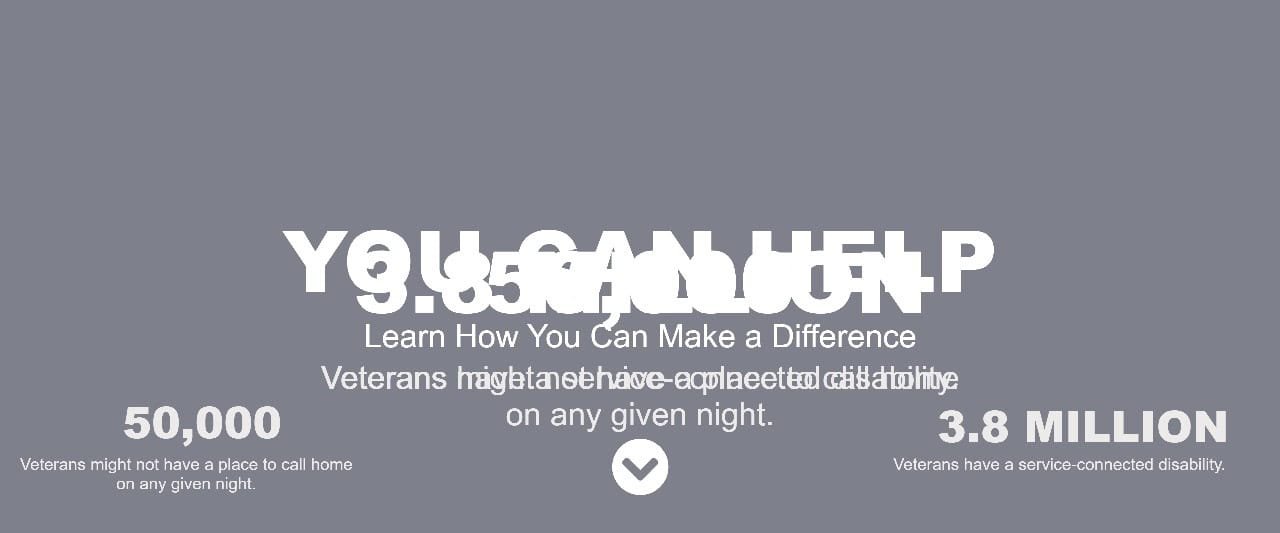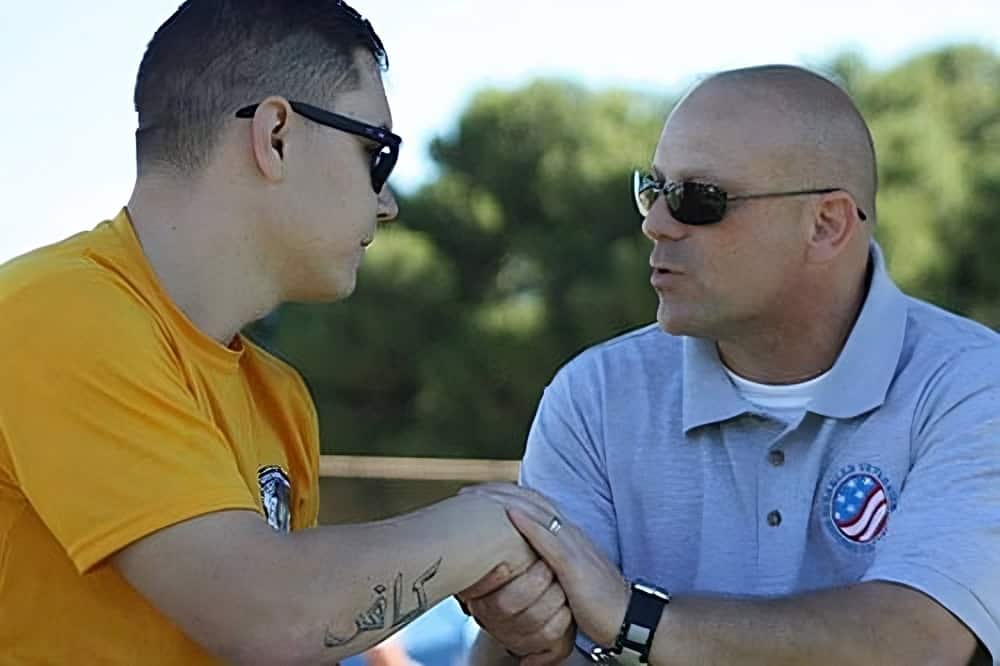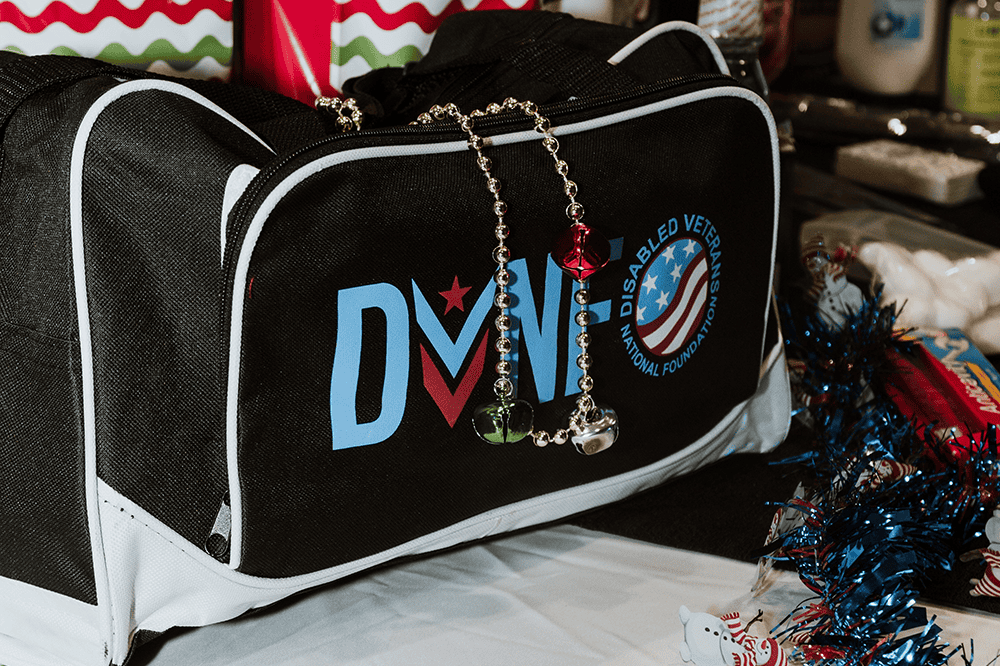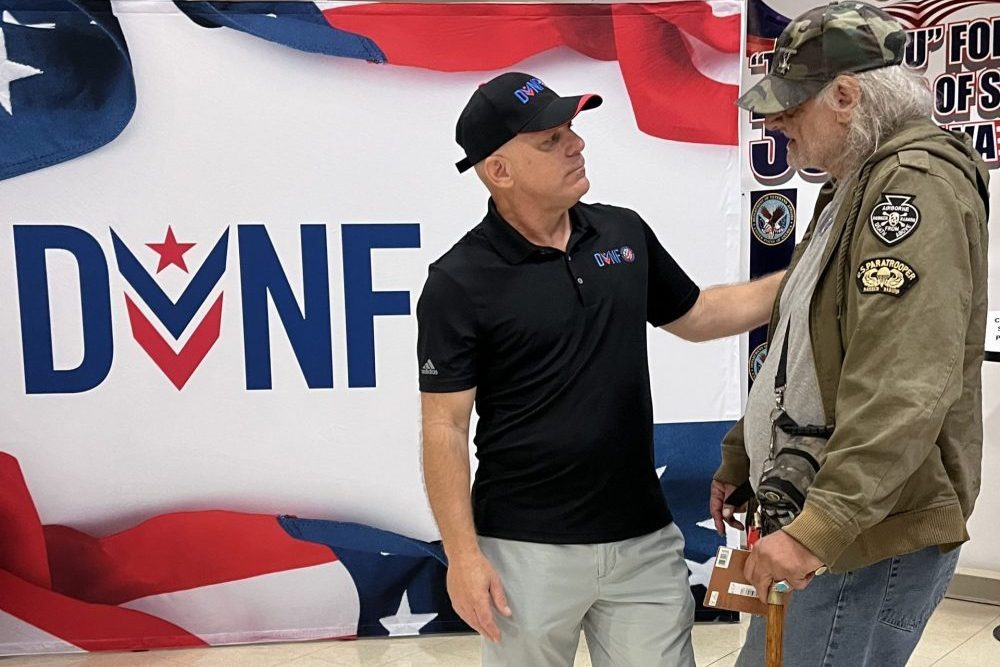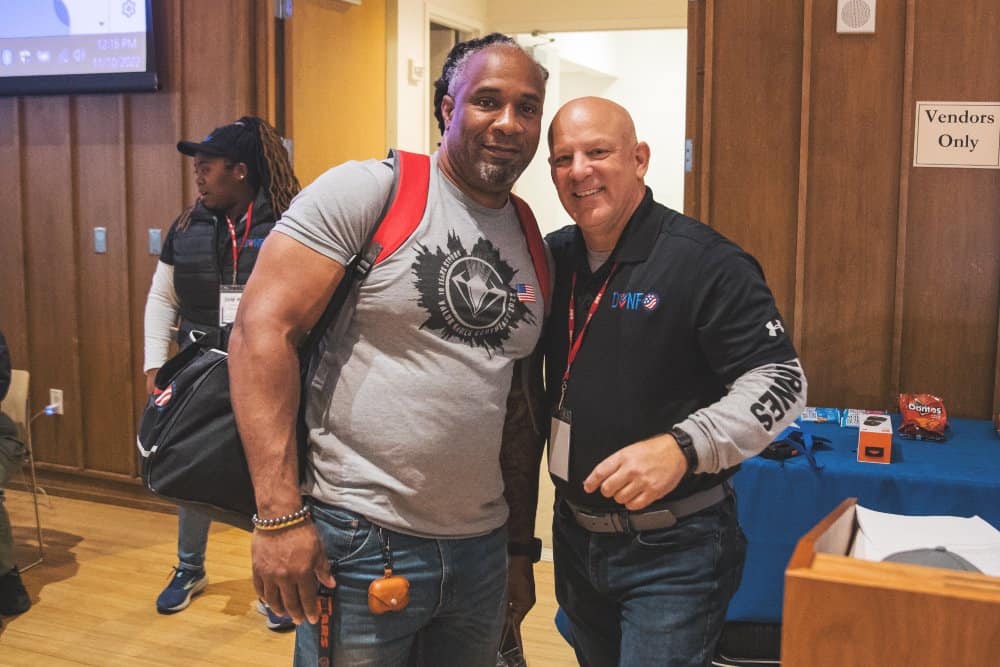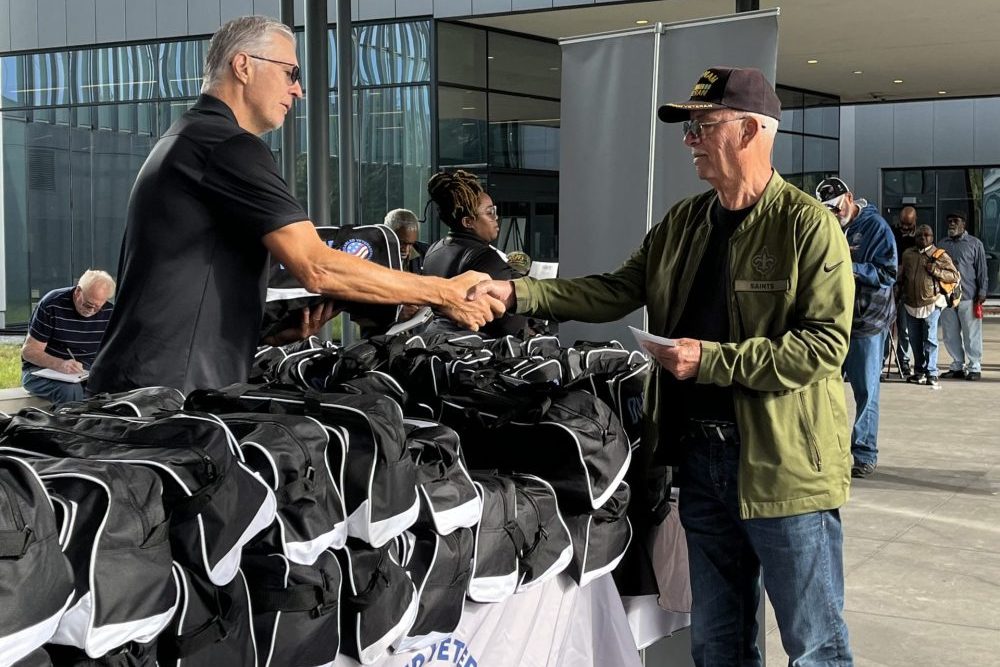.
Veterans Moving Forward
Service Dog Training and Animal
Assisted Therapy Services for Veterans
Partner Organization:
Capacity Building Grant
Project:
3,000 individuals served

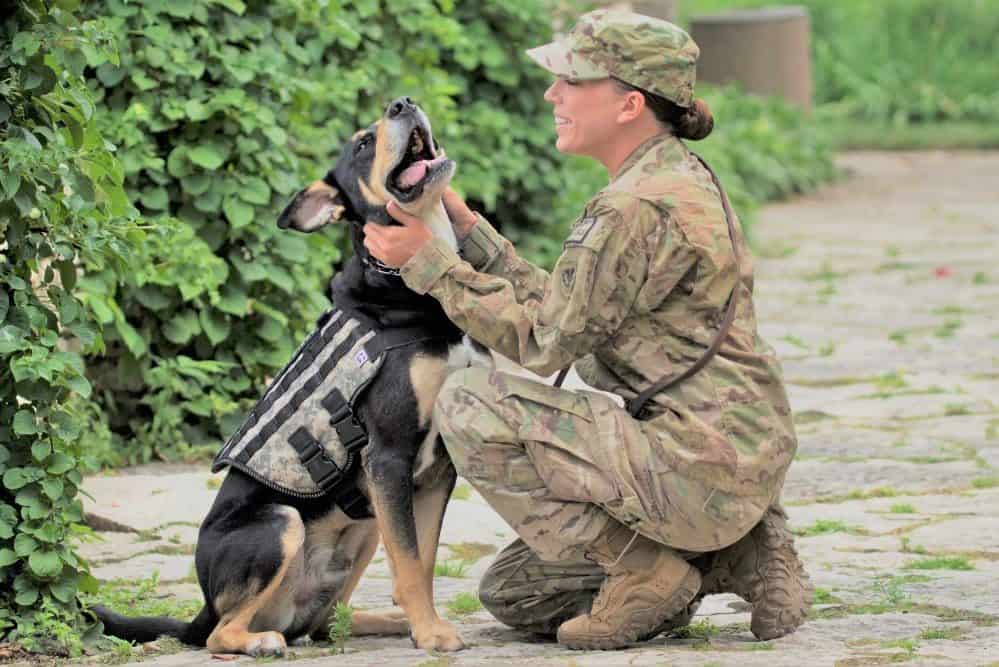

$5,300
.
Americas Heroes Enjoying
Recreation Outdoors (AHERO)
AHERO Facilities ADA Upgrade
Partner Organization:
Capacity Building Grant
Project:
1,200 individuals served

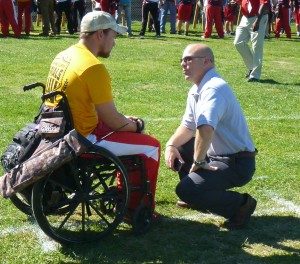

$20,000
.
Resounding Joy Inc
Semper Sound Military Music Therapy
Partner Organization:
Capacity Building Grant
Project:
550 individuals served

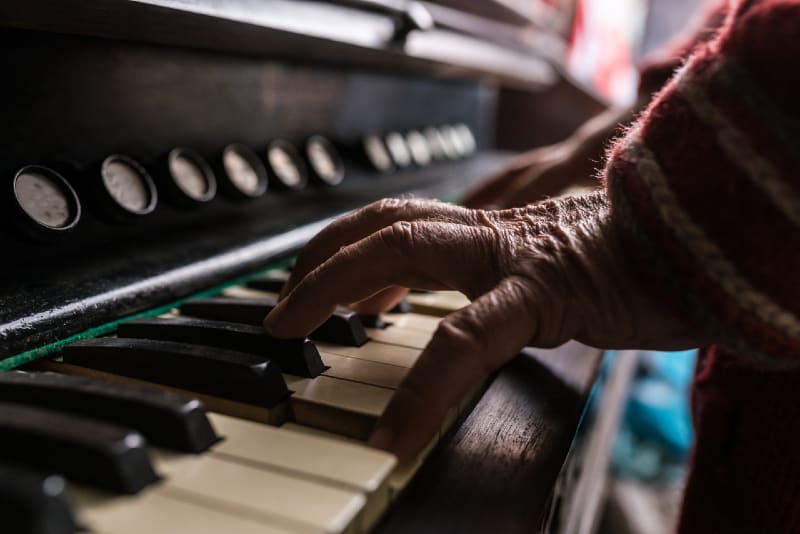

$10,000
.
Mt. Carmel Center of Excellence
Helping Veterans Overcome the Mental Aspects of War
Partner Organization:
Capacity Building Grant
Project:
350 individuals served

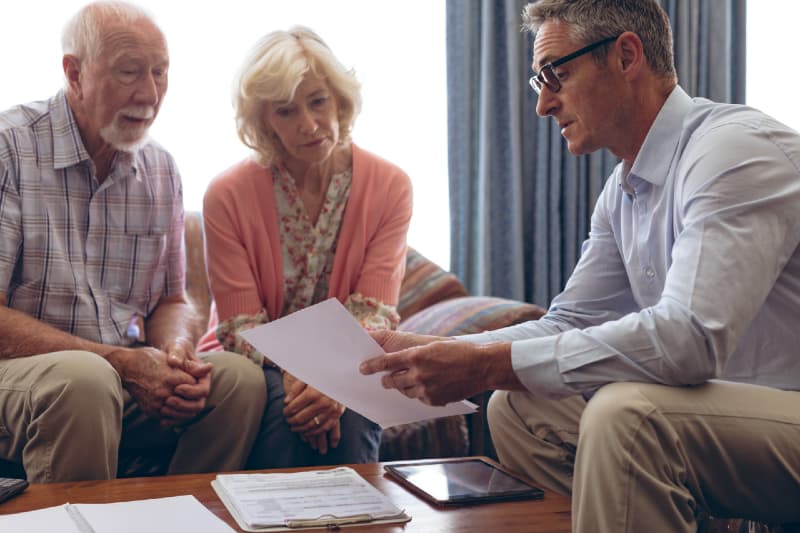

$23,400
.
Rocky Boy Veterans Center
Veterans Support Services
Partner Organization:
Capacity Building Grant
Project:
300 individuals served

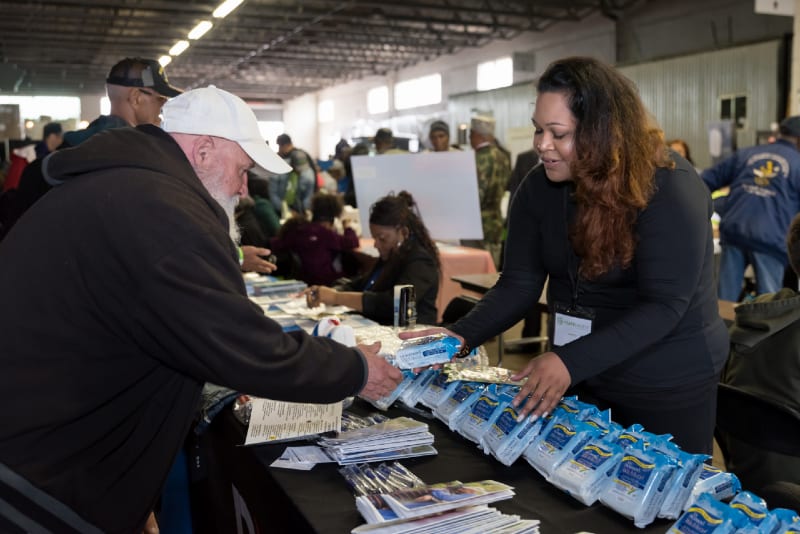

$25,000
.
Coconino County
VFW 1709 - MOPH 793
Partner Organization:
Health & Comfort Grant
160 individuals served

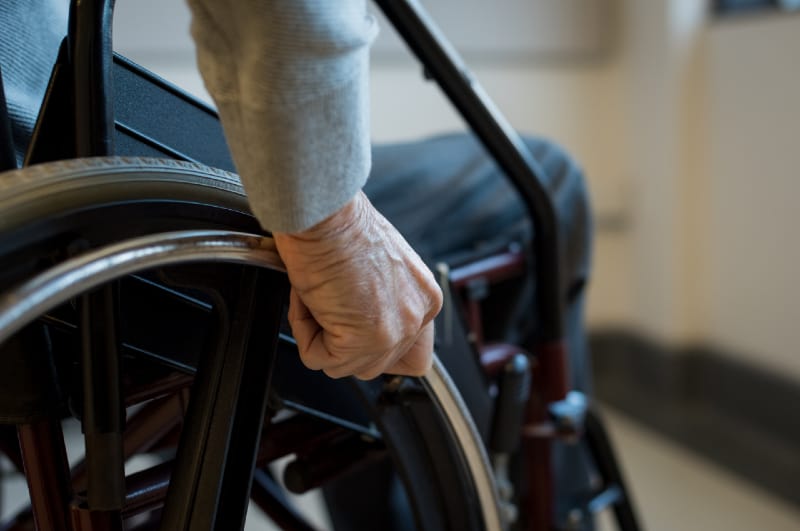

.
Black Hills Healthcare System
Partner Organization:
Health & Comfort Grant
271 individuals served

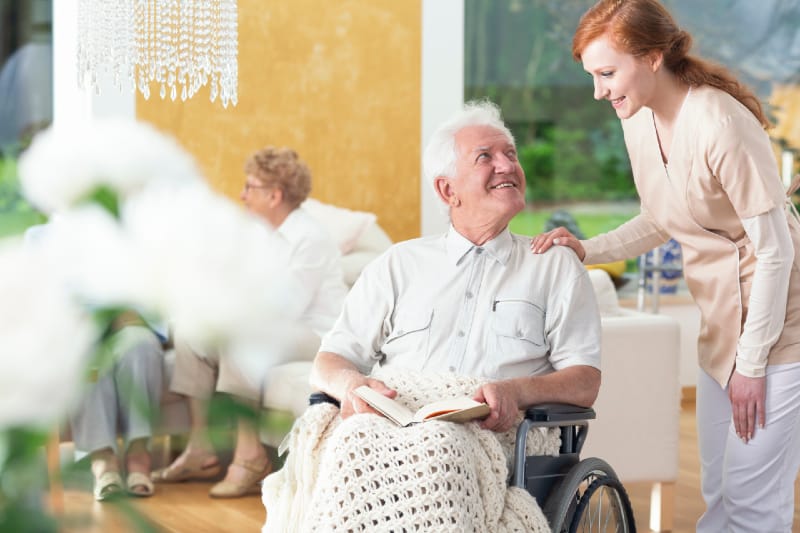

.
Jezreel International
Veterans Miracle Center
Partner Organization:
Health & Comfort Grant
200 individuals served



.
Housing First, Inc.
Partner Organization:
Health & Comfort Grant
352 individuals served

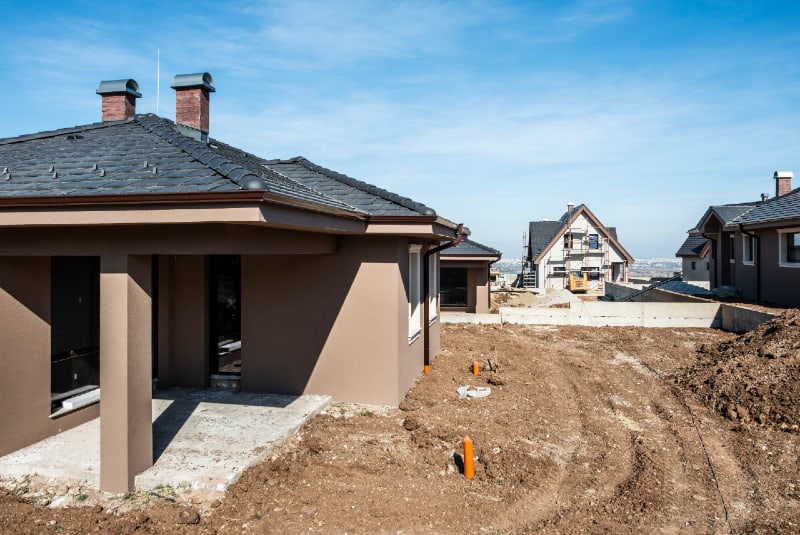

.
The Padre Pio Foundation of America
Partner Organization:
Grab n Go Event at the
Newington, CT. Veterans Hospital.
Project:
Health & Comfort Grant
450 individuals served

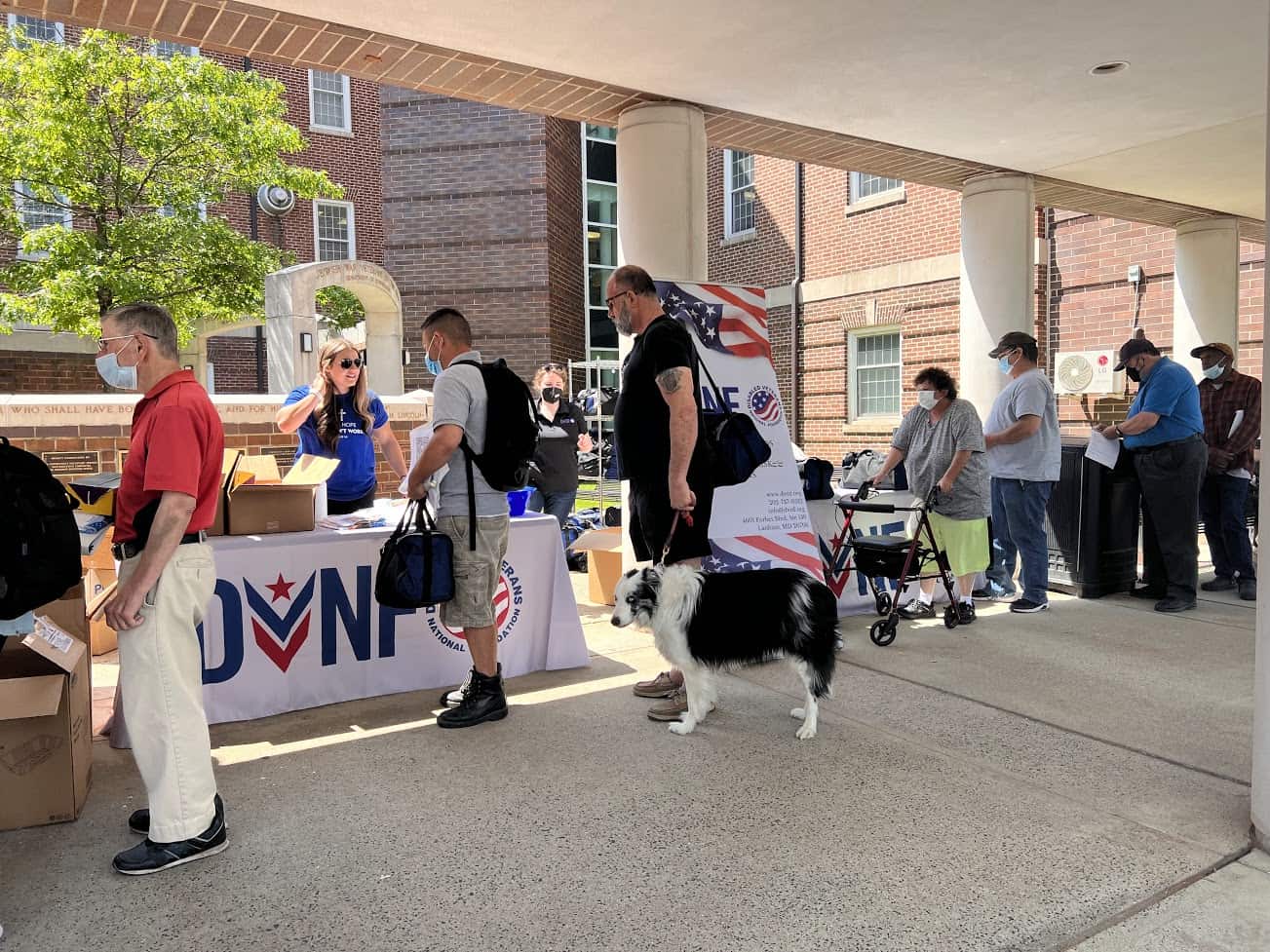

.
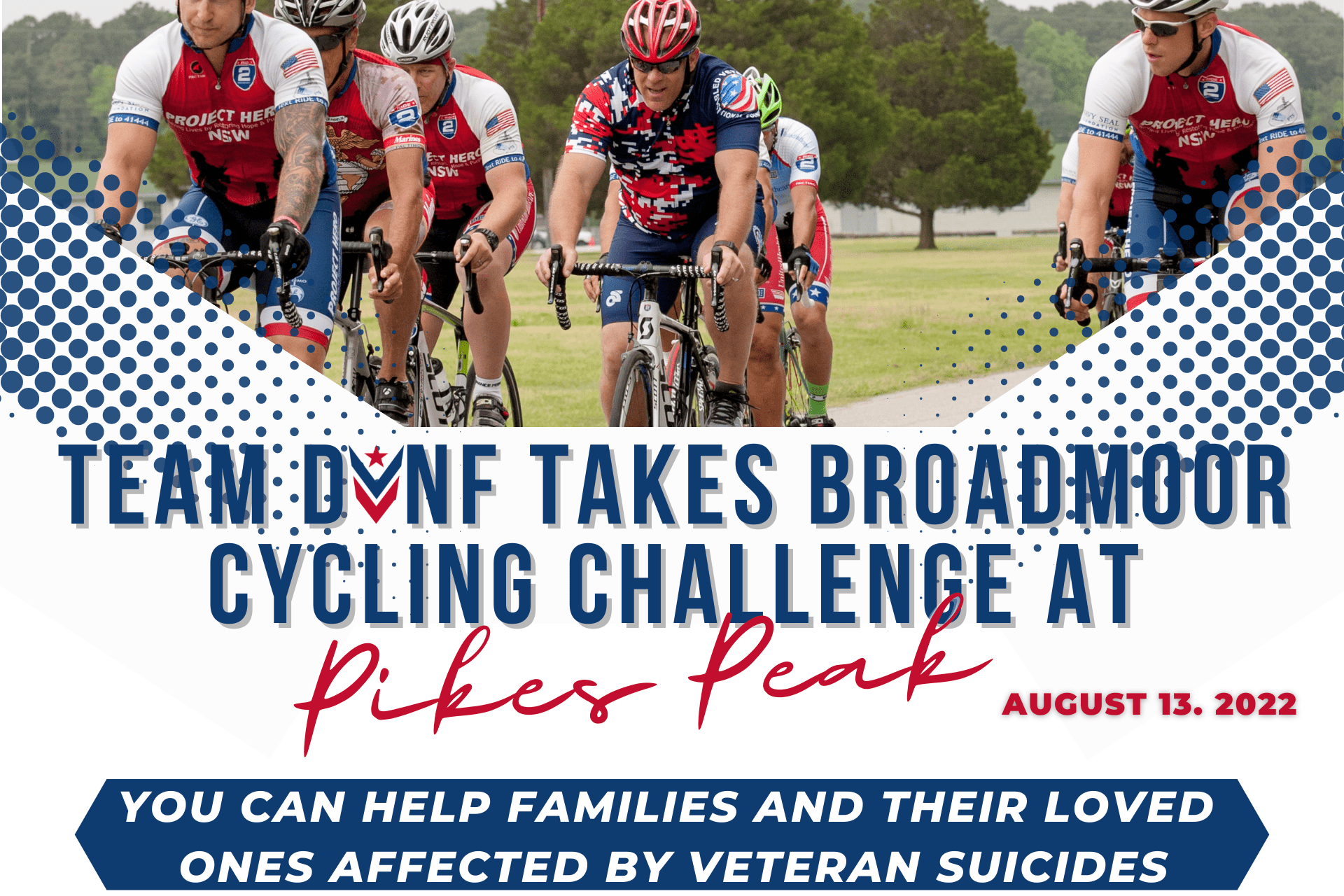

On August 13th Team DVNF pedaled up America’s most iconic mountain, Pikes Peak climbing close to 5,000 feet in the always difficult “Broadmoor Cycle to the Summit.”
Broadmoor Cycling Challenge
.
"I am more relaxed now that I have these tools to utilize that I
learned from this course. I will tell my fellow veterans that this
course has helped me and that they need to take it to learn
how to deal with their stress and anxiety in a healthy way."
Brian F
The Mission Possible program offers a comprehensive set of resources to support participants on their mental health journey.
39 years old, Mississippi
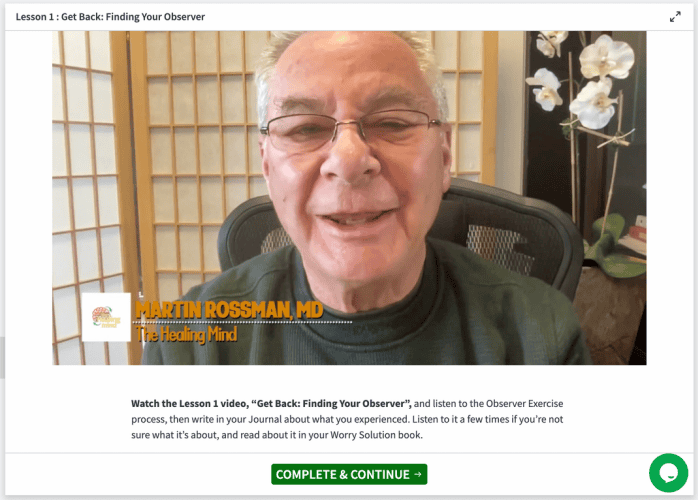
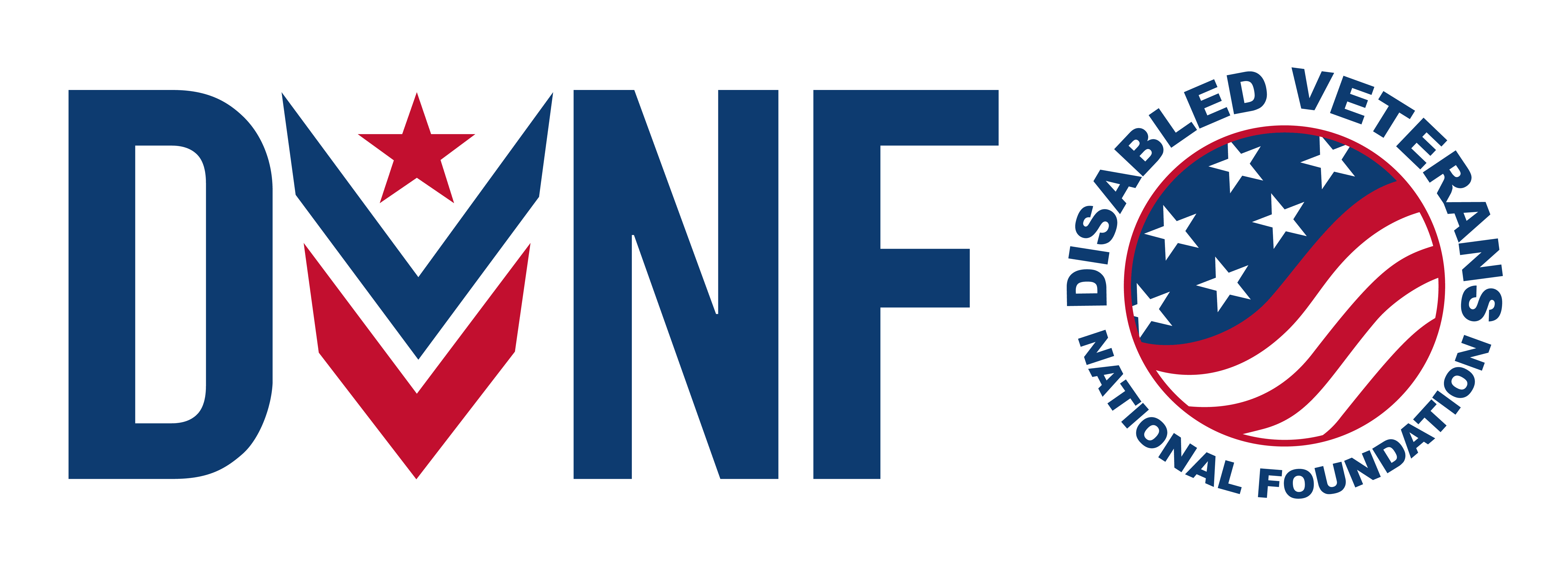
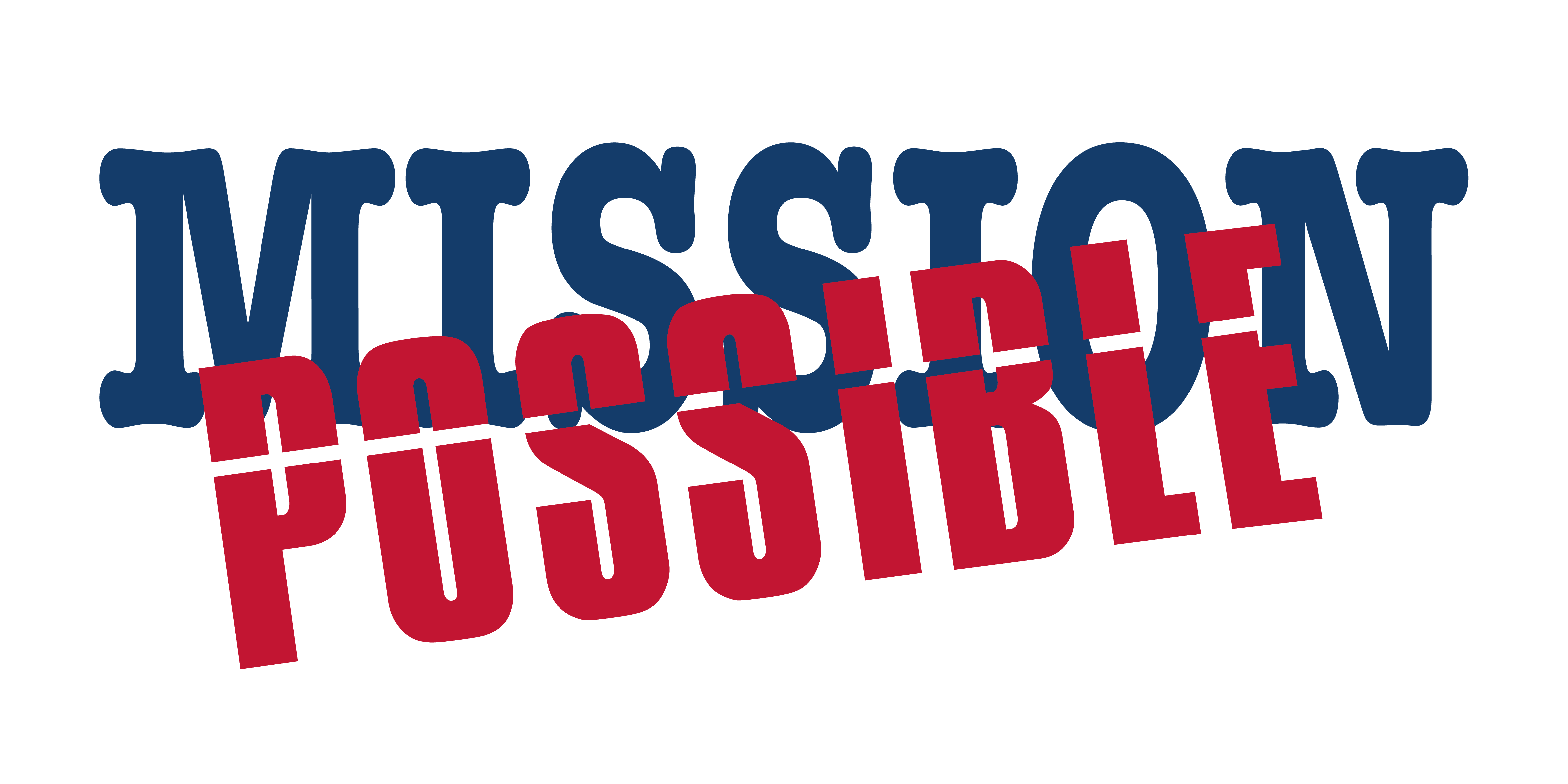
.
Extremely helpful. I especially like that it is active meditation,
and active imagery. It's not just letting thoughts float in and
out, but the specific guided visualizations have helped to shape
my decisions as well as lessen my worry and stress levels.
Thank you so much! I appreciate that this course was free to
family members of military and firemen. It has made an
impact on my life, at the present time and moving forward.
Thank you again.
Stacy J
The Mission Possible program offers a comprehensive set of resources to support participants on their mental health journey.
60 years old, Oregon



.
"It helps with strategies to relax and focus. I liked how you can
do it at your own pace."
Mackenzie T
The Mission Possible program offers a comprehensive set of resources to support participants on their mental health journey.
27 years old, North Dakota



.
Reflecting on the support received, many veterans express a desire to contribute to the program once they're back on their feet. This sense of community and the cycle of giving exemplify the profound emotional and societal impact of the GPS Program beyond financial assistance.
A Cycle of Giving:
Over the past year, the GPS Program has dedicated itself to supporting veterans in temporary financial setbacks, offering up to $1,000 to assist with essential housing and utility expenses
Grants to
Provide
Stability


.
Veterans like Christina recount how the program helped them navigate financial difficulties due to medical issues, highlighting the importance of support systems in times of vulnerability.
Building a Future:
Over the past year, the GPS Program has dedicated itself to supporting veterans in temporary financial setbacks, offering up to $1,000 to assist with essential housing and utility expenses
Grants to
Provide
Stability


.
Susanne shares her journey from contemplating suicide to finding renewed purpose and hope. The program's timely intervention allowed her to keep her car, a lifeline essential for her to start school and pursue a degree in Animal-Assisted Therapy.
From Despair to Hope:
Over the past year, the GPS Program has dedicated itself to supporting veterans in temporary financial setbacks, offering up to $1,000 to assist with essential housing and utility expenses
Grants to
Provide
Stability



